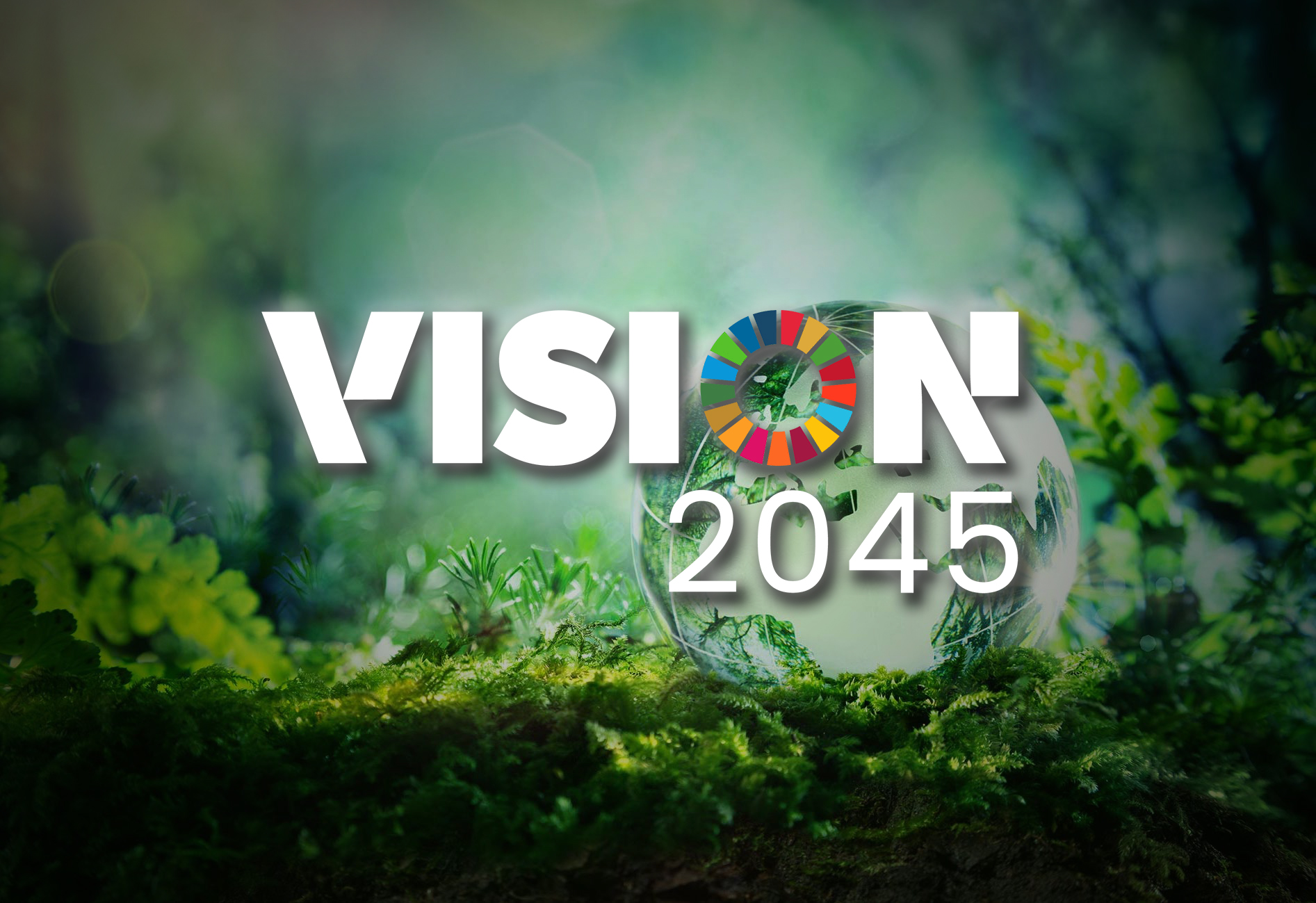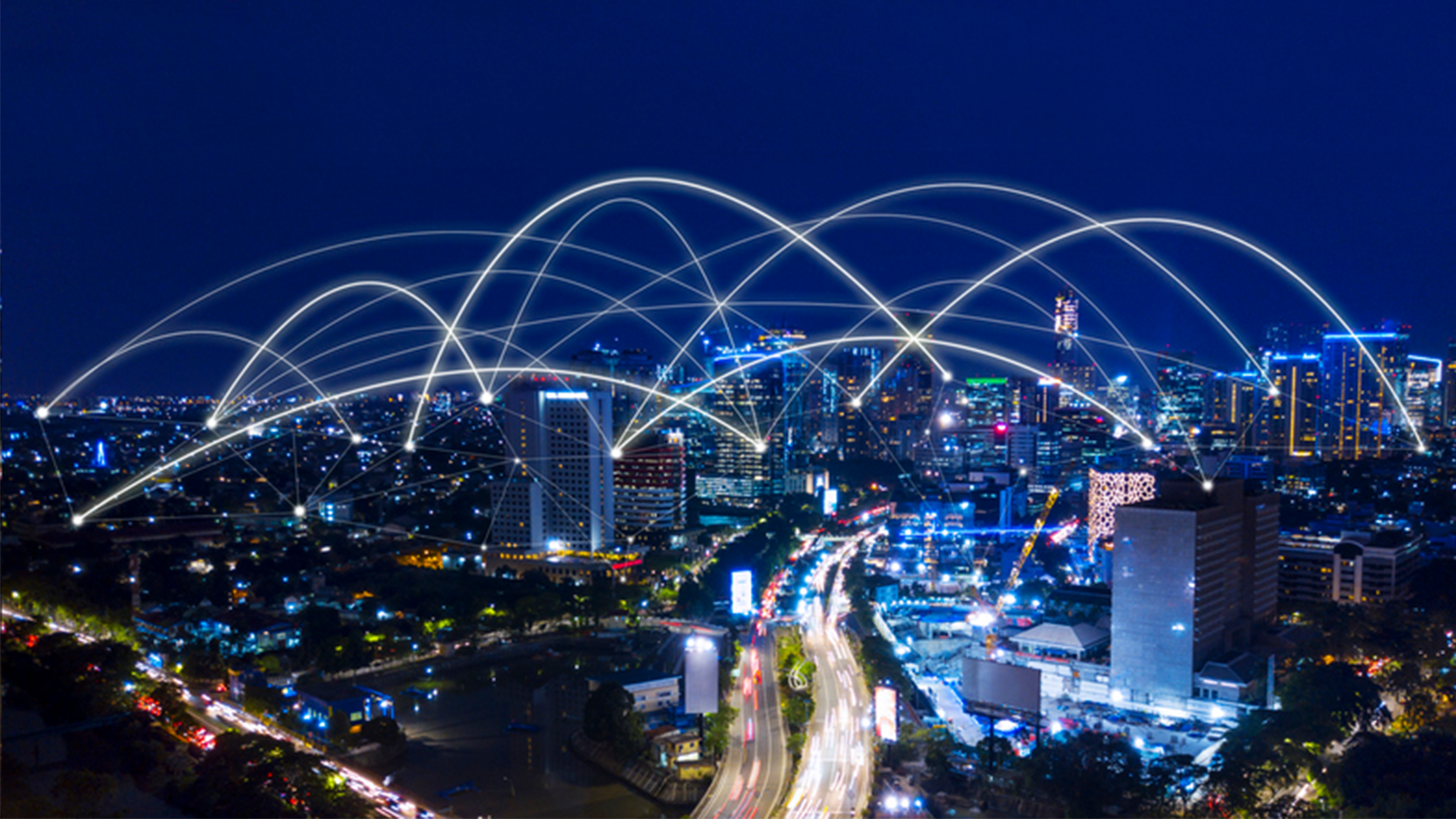Indonesia’s Vision 2045: What It Means for Business

Unlocking Economic Growth, Innovation, and Global Competitiveness
🏞️ Introduction: What Is Vision 2045?
Indonesia’s Vision 2045—locally known as Visi Indonesia 2045—marks the nation’s centennial of independence with an ambitious goal: to become a sovereign, advanced, fair, and prosperous country by the year 2045. The long-term development strategy focuses on transforming Indonesia into one of the world’s top five economies, with a projected GDP of over USD 7 trillion and per capita income surpassing USD 25,000.
But what does this mean for businesses operating in or targeting Indonesia? This blog explores how Vision 2045 affects investment opportunities, innovation trends, and sectoral growth—and why now is the time to pay attention.
📖 Reference: Indonesia 2045 Vision Document – Bappenas
📊 Pillars of Vision 2045 and Their Business Implications
1. Human Capital Development
Indonesia recognizes that the future lies in its people. Vision 2045 plans massive investments in:
-
Education reform
-
Vocational training
-
STEM development
-
Entrepreneurship programs
Business Impact:
Companies in EdTech, HR tech, e-learning, and corporate training will find significant opportunities. Multinationals seeking talent in Southeast Asia will also benefit from a skilled workforce.
🔗 Explore how Indonesian universities support innovation
2. Economic Development and Infrastructure
The government envisions a robust, competitive economy by:
-
Advancing industrialization
-
Expanding logistics and transportation infrastructure
-
Boosting manufacturing and export diversification
-
Enhancing digital economy contributions to GDP
Key Targets:
-
Infrastructure investment at 5–6% of GDP
-
Digital economy to reach USD 130 billion by 2025
Business Impact:
Opportunities abound in construction, smart logistics, e-commerce logistics, and digital platforms. Indonesian agents are helping global brands scale operations through procurement and coordination services.
🔗 Related read: How Indonesian Agents Help Businesses Scale Regionally
3. Equitable Development
To reduce the Java-centric growth model, Vision 2045 targets:
-
Regional development in Sulawesi, Kalimantan, Sumatra, and Papua
-
Expansion of special economic zones (SEZs) and investment zones
-
Establishment of the new capital city Nusantara in East Kalimantan
Business Impact:
Expect tax incentives, infrastructure upgrades, and land concessions in emerging regions, particularly in logistics, agribusiness, and green energy.
🔗 See: Exploring Nusantara: What the New Capital Means for Business
4. Environmental Sustainability
A key part of Vision 2045 is achieving low-carbon, climate-resilient growth. This includes:
-
Commitment to net-zero emissions by 2060
-
Expanding renewable energy
-
Halting deforestation and promoting sustainable palm oil
-
Improving urban waste and water management
Business Impact:
Startups and enterprises in cleantech, solar energy, waste recycling, and ESG consulting are poised for long-term growth. Companies involved in sustainable logistics and packaging are also in demand.
🔗 Learn more: Why Sustainability Is Driving Investment in Indonesia
📘 Reference: Indonesia’s Long-Term Strategy for Low Carbon and Climate Resilience 2050 – UNFCCC
📈 Sectoral Growth: Key Industries to Watch
🔧 Manufacturing 4.0
Indonesia’s Making Indonesia 4.0 program aligns with Vision 2045 to modernize industries such as:
-
Automotive
-
Electronics
-
Textiles
-
Food & beverage
Opportunity: Automation tools, AI integration, and IoT applications in factories.
🔗 Explore: How AI and Fintech Will Change Retail Investing in Indonesia
🚢 Logistics and Maritime Economy
With more than 17,000 islands, Indonesia’s logistics modernization—such as bonded logistics centers, rail freight, and smart warehousing—is essential.
🔗 Read: Indonesia’s Rail Freight Sector: Is It Gaining Momentum?
📱 Digital Economy
From e-wallets to social commerce, the digital economy is expected to lead regional growth.
🔗 Related: Indonesia’s Digital Payment Boom: Who’s Leading the Pack?
🌍 Foreign Investment and Trade Policy Outlook
To achieve Vision 2045, Indonesia is enhancing:
-
Ease of doing business
-
Investment licensing via OSS (Online Single Submission)
-
Trade liberalization through bilateral and regional agreements
Recent policy trends include:
-
Omnibus Law on Job Creation to simplify labor and investment laws
-
Growing openness to foreign ownership in tech and logistics sectors
-
Integration of Sharia-compliant finance into mainstream development plans
📘 Overview: Indonesia Investment Coordinating Board (BKPM)
🔗 Blog: What Indonesia’s Demographic Bonus Means for Investors
🔮 Challenges on the Road to 2045
Despite its ambition, Indonesia must address:
-
Bureaucratic red tape
-
Infrastructure disparities
-
Political uncertainties
-
Global supply chain volatility
However, through public-private partnerships (PPPs), digital transformation, and agent-led services, these hurdles are being actively mitigated.
🧭 Final Thoughts: Aligning with Vision 2045
Indonesia’s Vision 2045 is more than a government initiative—it’s a blueprint for inclusive, tech-driven, and green growth. Businesses that align with these priorities can expect strong tailwinds across various sectors.
Whether you’re a foreign investor, digital startup, logistics operator, or consulting firm, understanding Vision 2045 will help you future-proof your strategy in Southeast Asia’s largest economy.
